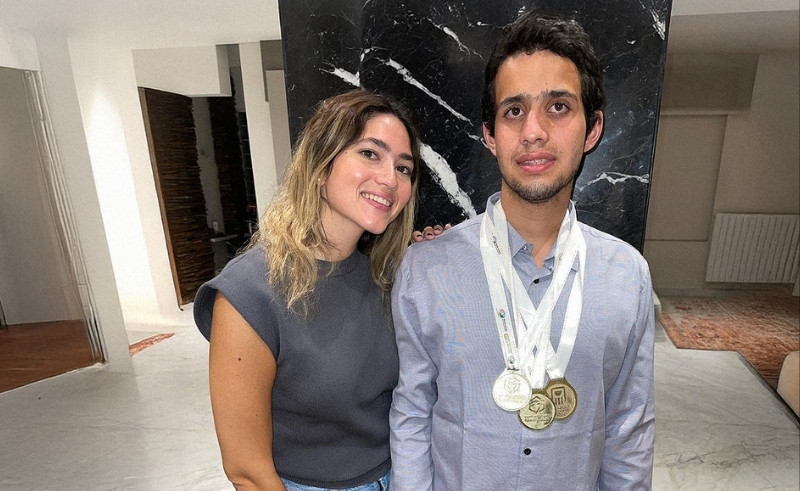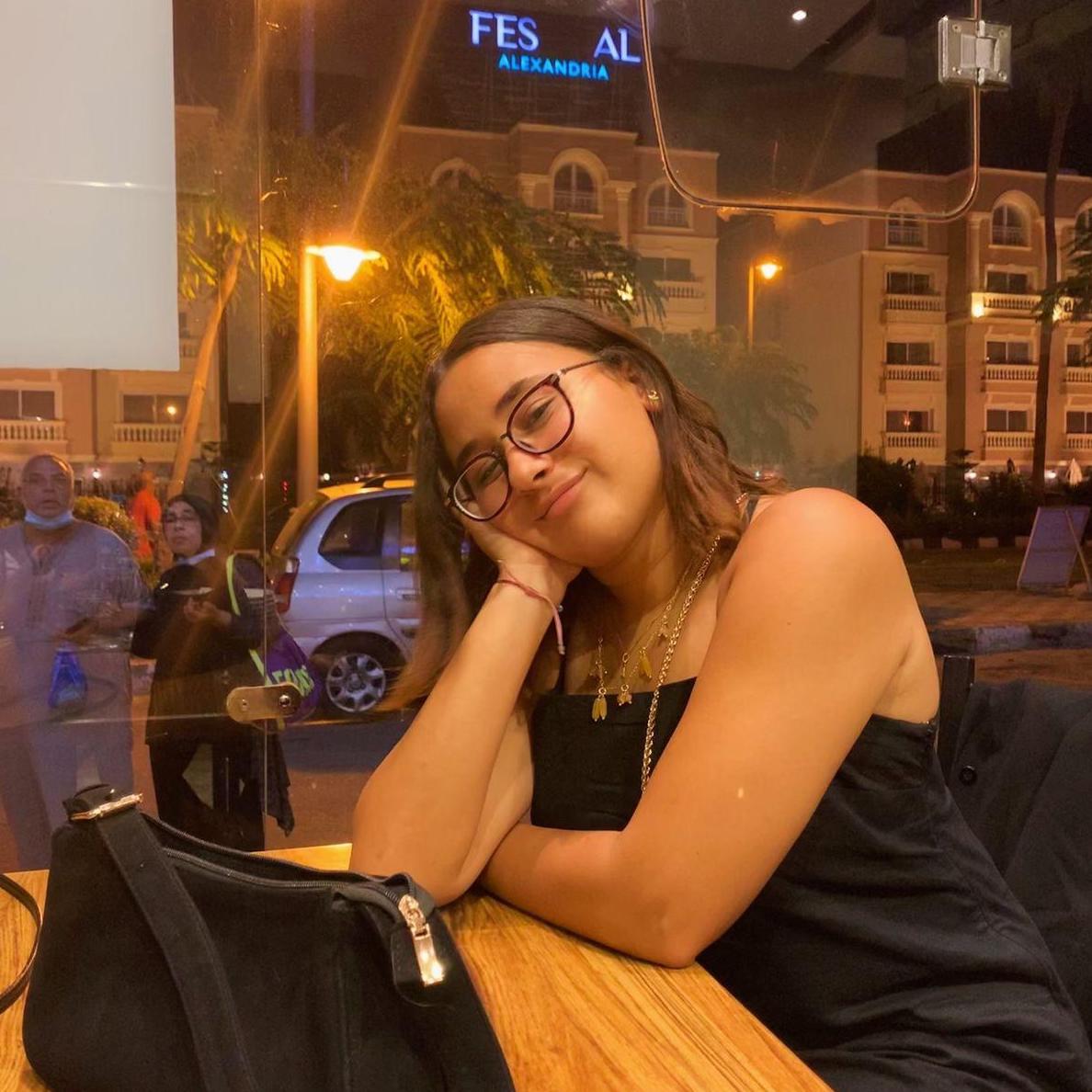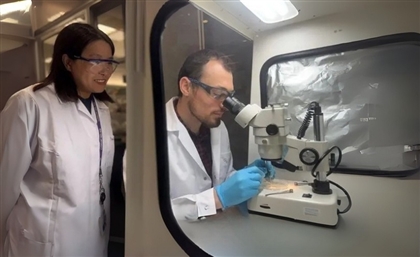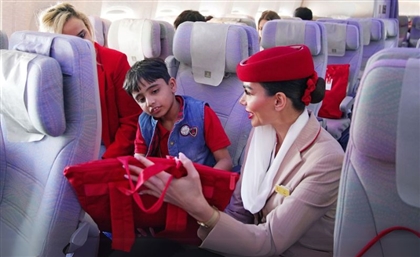Hana & Omar Zoheir on What to Do With Unexpected Fame & Ableism
Hana and Omar went viral on TikTok for posting normal TikTok videos, except that Omar is not neurotypical. We sit down with them to unpack what visibility in the digital sphere is like.

For the past couple of weeks, sibling duo Hana and Omar Zoheir have been steadily becoming more and more viral on TikTok and other social media platforms. Omar is on the autism spectrum and has speech apraxia, and he makes short-form videos with his sister Hana in the pursuit of trying new things, which is what they said in their first TikTok video posted September 8th, 2025. In a rare fluke, their first-ever video went viral and they received an influx of immediate internet attention. The top liked comment on their first video says, “Omar doesn’t have autism, he has acceptance and natural beauty. And a sister that loves him.” For two weeks, Hana & Omar’s account found its way into every other conversation, the way things often do when they are put into the digital space. "Most of the comments we get are positive, honestly," Hana Zoheir tells me, "The negative comments are usually on Facebook, on videos people saved from our TikTok and shared in isolation. They think we're forcing Omar to do this." It's natural for conversations to happen around Hana and Omar’s social media presence; conversations happen around nearly everything that's posted to the internet. The unjustified assumption, however, that the siblings’ internet presence is a decision made for Omar, that he has no say in doing something as simple and as normal as posting videos on TikTok, has no basis. "Omar is capable of making his own decisions. He has an opinion about everything he does." The notion that people on the autism spectrum are incapable of making decisions is rooted in prejudice; it has zero evidence. A significant body of psychological research, across cultures, conclusively notes no significant difference between autistic and neurotypical people in reasoning and decision-making (Dempsey & Moore, 2019). Omar has a job in data entry with his father, where he makes daily technical decisions, with reliance on a shadow teacher for help with other tasks. The conversation surrounding Hana and Omar increased after Omar’s collaboration with local coffee shop 1980 to put his custom coffee order on the menu. In my conversation with Hana, she tells me, “It wasn't a marketing ploy or a partnership. Omar simply likes 1980. I suggested the idea to him, and he liked it, so we went. They asked me not to film there, but it was what he wanted.” Hana and Omar's content is entirely not monetised, not through ads, promotional content or partnerships. “We started doing these videos a long time ago. Omar used to pull up screenshots and videos of places and things we could try, and we’d do them. We used to send them to friends and family, then we decided to post them online," Hana says. After their following grew, Hana and Omar's videos started to take on a different purpose; they became a way for the two siblings to show the world what people with autism and speech apraxia were capable of. "When taught well and surrounded by genuine love and care, they can be flexible, not rigid, included, not isolated, social instead of alone." After Omar’s diagnosis, at two years old, his family travelled to the US to explore various treatment options, finding that Applied Behaviour Analysis (ABA) was most effective in treating Omar’s symptoms. His mother, initially a banker, decided to study ABA and received her MS in it to be able to provide fully informed support for him. The two siblings intend to continue using their platform for educational purposes. Hana tells me they receive many messages daily from people asking how to better look after and support their autistic loved ones, and where to find effective treatment. She refers people to board-certified behaviour analysts, who studied ABA, in Egypt, because it's the type of treatment with a dependable, growing body of evidence that effectively treats autism. “It honestly started as just Omar and me having fun on TikTok,” Hana says, “I really didn’t expect us to go viral from one video. But now that we have, I hope we’ll get to actually help people who need it.”
- Previous Article World Leaders Sign Gaza Deal in Sharm El-Sheikh
- Next Article Egypt Re-Elected to Lead Arab Labour Organization Board



























